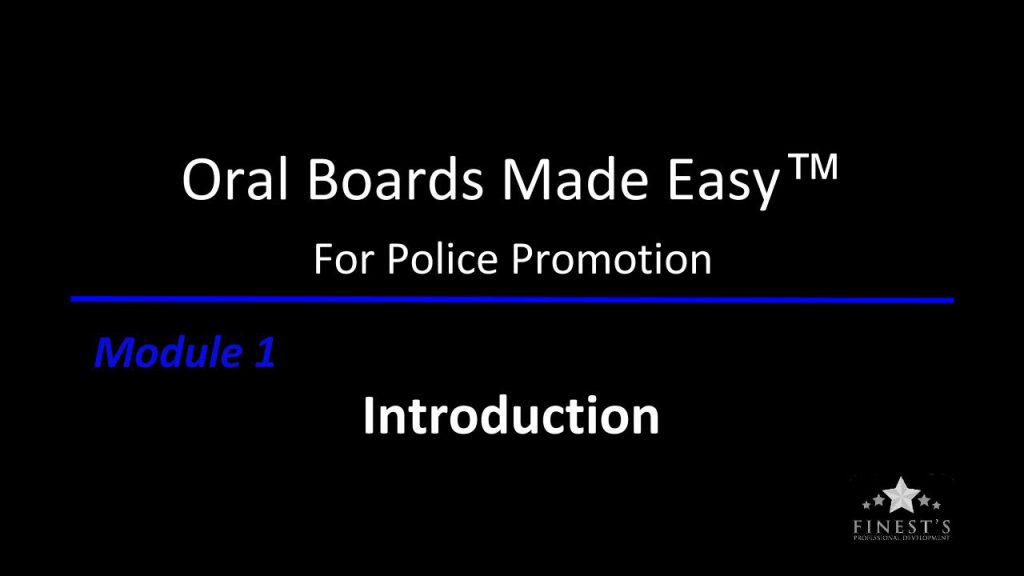Police Promotion Interview Questions:
“What is your understanding and role with regards to policy and oversight as a police captain?”
Police promotion interview questions focused around the six pillars from the President’s Task Force report on 21st Century Policing continue to be asked at promotion oral boards at all rank levels. While some of the pillars apply to all ranks, such as Building Trust and Legitimacy and Officer Wellness and Safety; the pillar on Policy and Oversight is most relevant for the higher administrative ranks. For that reason, among the police promotion interview questions that I have accumulated, I will be demonstrating this oral board answer as though I was a police captain candidate.
“If you are looking for a well designed assessment / oral interview study program this is the one. The program is very reasonably priced, so don’t risk your career watching free videos or just reading articles on line. If you’re serious about getting promoted, invest in your career and use The Oral Boards Made Easy program. It will help you get promoted.”
-Promoted to Lieutenant in Massachusetts
ANSWER TRANSCRIPT:
Policy and Oversight
“My understanding of the Policy and Oversight pillar from the 21st Century Task Force report is that it is designed to bring us back to the founding principles of policing that were identified by Sir Robert Peel some 200 years ago. Not just the well-quoted “the police are the public and the public are the police”; but also the references to the public approval and willing cooperation of the public that are necessary for the police to be effective. Toward that end, the Policy and Oversight pillar provides administrative direction on how that can be accomplished. My role as a captain and member of the department’s command staff is to design and facilitate the implementation of policies and practices that improve our operations and service in cooperation with the community.
As a captain, my starting point will be to better understand the community’s wants and needs. Too often there is an inclination to assume what the public is seeking and such assumptions can lead us down the wrong path. By organizing meetings between community members and police representatives, I will have the opportunity to hear concerns and desires first hand. And, knowing that not everyone from the community will take advantage of these meetings, I will direct my lieutenant to draft a survey instrument to distribute among the community – with the chief’s approval – to reach an even larger audience.
With the community’s needs understood, and with my understanding of police capabilities, I will assess our current policies in an attempt to identify opportunities for improvement. Because the chief is the policy-setter for our agency, I will forward my recommendations up through the chain of command for the chief’s consideration. Where appropriate, I will seek input from community members regarding the policies that have a direct impact on the services that they receive so, once again, I am not basing my recommendations on assumptions. The policies where I plan to make my initial assessments are those that are based on unbiased policing, after action reviews of serious incidents, and our use of force policies and training.
Policies alone do not change behavior. As a captain I will be cognizant of the importance of training and organizational culture. The training that occurs in our agency needs to be aligned with our policies as well as current best practices. This requires ongoing assessment of lessons and evaluation of practices in the field.
In the long term, culture is the most important area for me to facilitate positive change. As the President’s Task Force report stated ‘organizational culture eats policy for lunch’. Culture drives behavior. Therefore, as a captain, it is important that I am continuously looking for disconnects among policy, training, and actual behavior. Any incongruencies in these areas need to be corrected so that there is a consistent message sent to all personnel regarding what is expected of them.
Lastly, when we are operating our agency in accordance with Peel’s Principles and the 21st Century policing report, we should be welcoming civilian oversight. Civilian oversight will offer a perspective that will not necessarily be seen by those inside our agency. Quite frankly, seeking to serve the public while not allowing civilian oversight can hurt our trust-building efforts and long term objectives.
That is my understanding of the pillar on policy and oversight as well as what I foresee my role to be once I am promoted to captain.”








